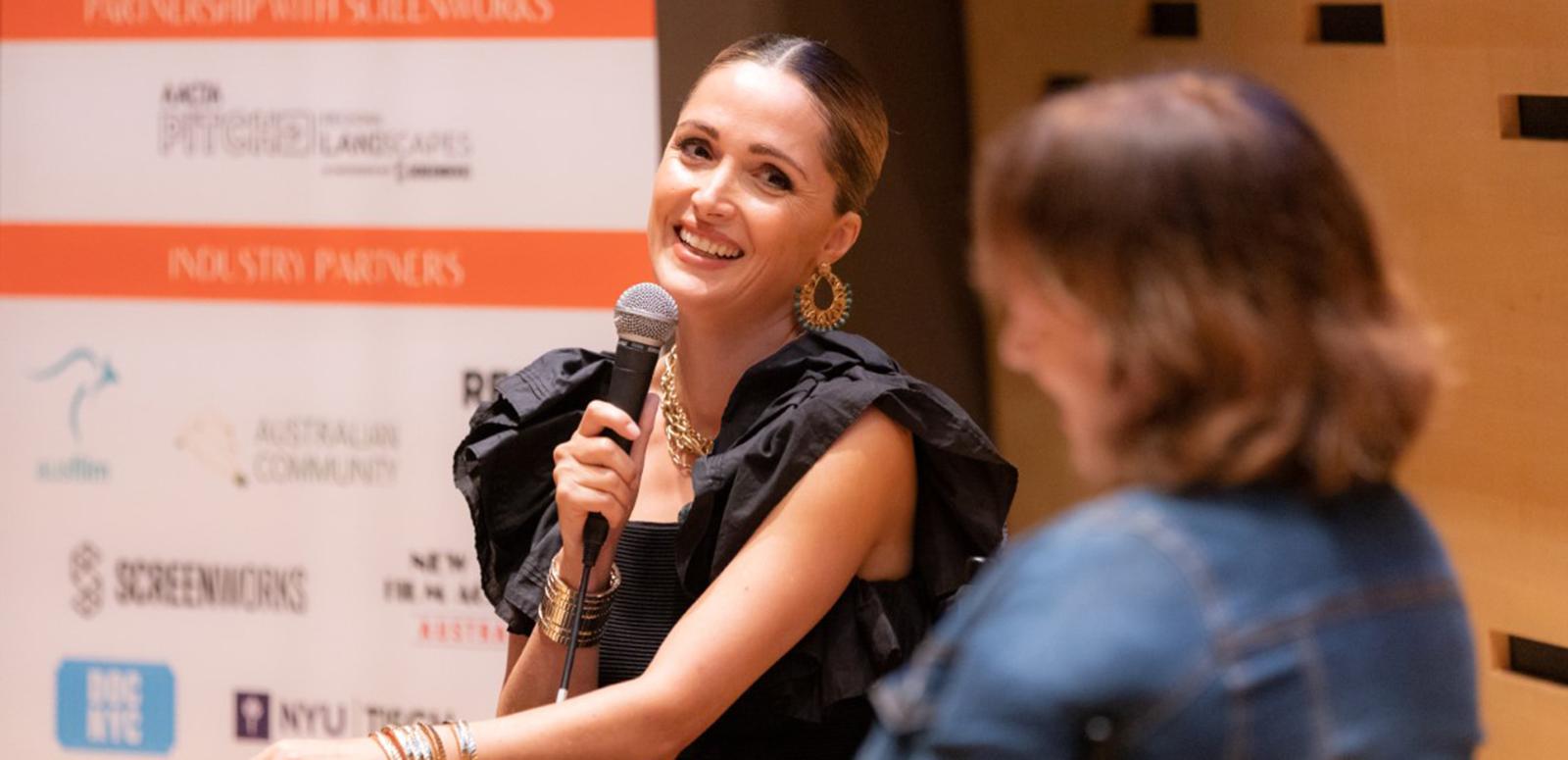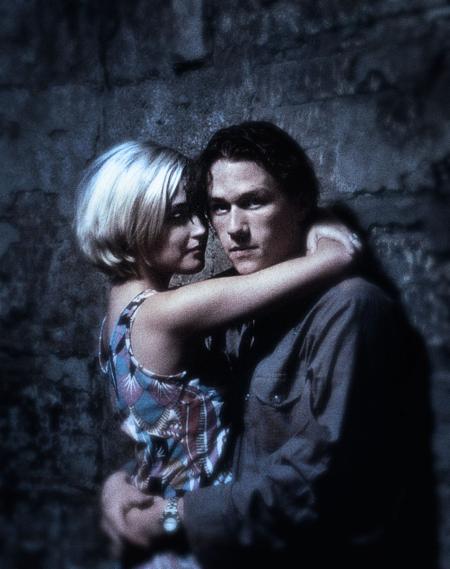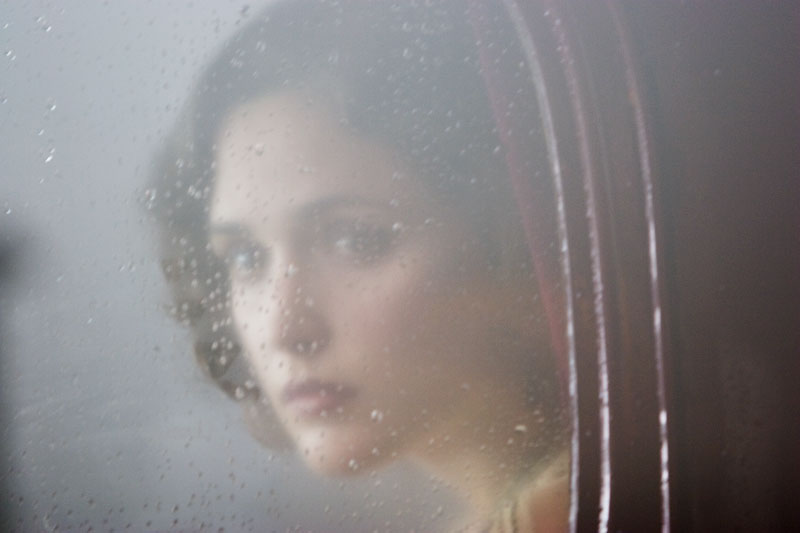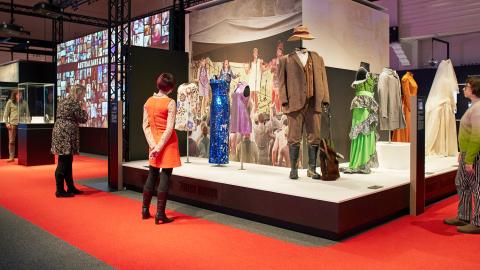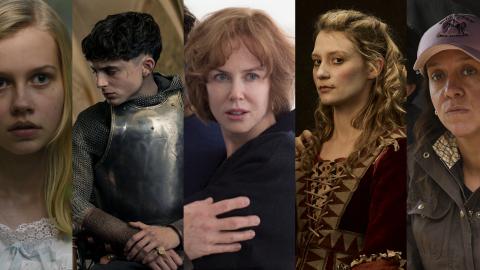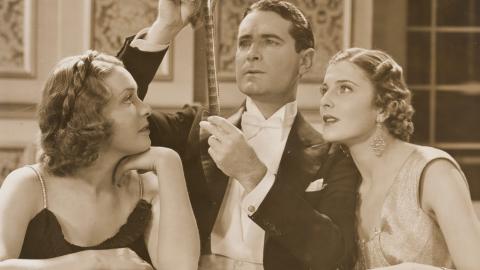Rose Byrne, whose acting career began in Sydney in the 1990s, has done it all in Hollywood. She spent years as the ambitious, idealistic Ellen Parsons in Damages (2007–2012), flexed her comedy muscles in Bridesmaids (2011) and Get Him to the Greek (2010), starred in the cinematic epic Troy (2004), worked with CGI co-stars in Peter Rabbit (2018 and 2021), and formed her own independent production company, Dollhouse Films, to make Seriously Red (2022).
Film journalist and podcaster Jenny Cooney caught up with Rose as she launched Seriously Red at the 4th Australian International Screen Forum in New York, September 2022. In this special podcast, they discuss Rose’s incredible career, including her inspirations, holding her own alongside Glenn Close and the pitfalls of grabbing a drink with a TV writer.
Listen to the full conversation and read an edited transcript below:

